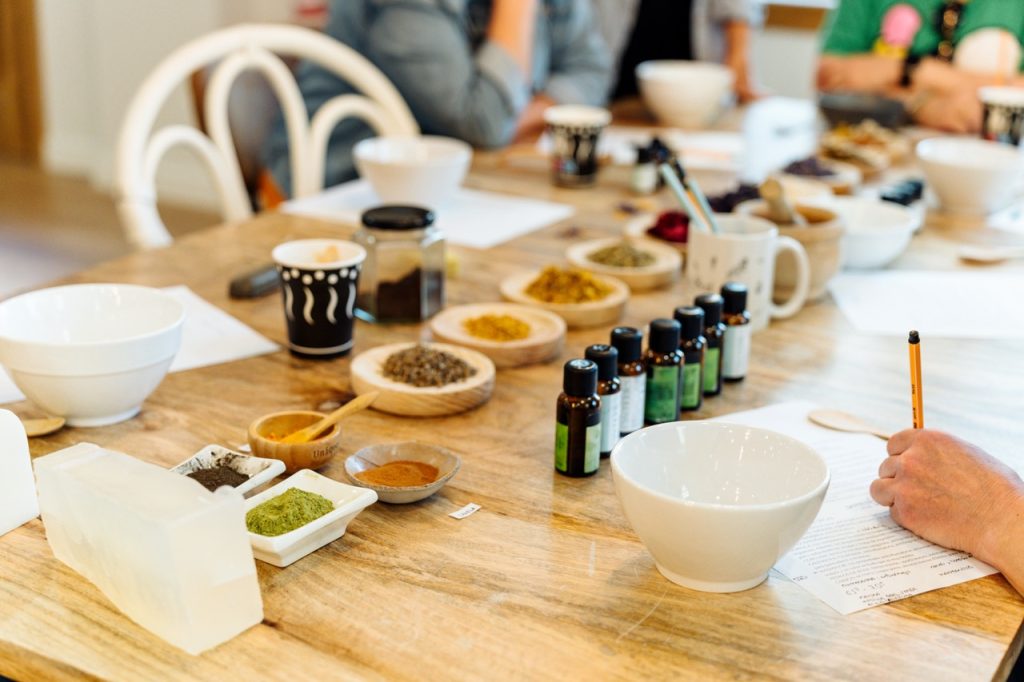Sleep is now recognised as one of the three pillars of good health, alongside nutrition and exercise. But many of us are struggling to get the quality sleep that we need.
What does healthy sleep look like?
Surprisingly, healthy sleep looks similar for everybody. All adults should cycle through 5-6 sleep cycles each night, with each cycle lasting roughly 90 minutes. Each cycle should include the right amount of deep and REM (rapid eye movement) sleep. When we successfully cycle through all the sleep stages in the correct order so that our bodies can perform all the functions it needs to, then we are getting healthy sleep.
What happens in our bodies during healthy sleep?
If we don’t get quality sleep, our bodies can’t do all the amazing things it needs to keep us healthy and able to perform at our best. Some of these include:
- Our brain sorts and processes information we’ve obtained through the day. Toxins are cleared from our brain through the lymphatic system. If we’re not sleeping, then that’s not happening and we’re building up toxins through the day and not having them cleared at night.
- Different hormones are released during sleep. One of these is a growth hormone, released from the pituitary gland, that helps your body to grow and repair itself.
- Your sympathetic nervous system, which controls your fight or flight response, relaxes during sleep.
- Your cortisol levels, or stress hormone, decrease during the first hours of sleep and rise to peak soon after you wake up.
- Your immune system releases proteins called cytokines, which help your body to fight infection, inflammation, and trauma.
- Your skin is renewing itself. This is why poor sleep can lead to increased signs of skin ageing and contribute to various skin conditions.
There are many things in our modern lives that are messing with our ability to get healthy sleep and disrupting our sleep patterns. We have artificial lighting and devices that are sending signals to our brain telling us it’s still daytime. Our schedules are sometimes so full that we push ourselves to stay awake even when we are ready for sleep. We’re time poor, which also means we don’t always eat well or stay active. Add stress and anxiety to the mix, and we have a recipe for poor sleep.
Falling into unhealthy sleep patterns can happen quickly and, like any bad habit, can take time to correct. SleepHub helps you to learn how to sleep well again in a completely natural way. Through pure tones that emulate brain activity occurring during healthy sleep cycles, SleepHub can help you fall asleep and guide you through natural sleep patterns, improving sleep quality and correcting poor sleep habits.



